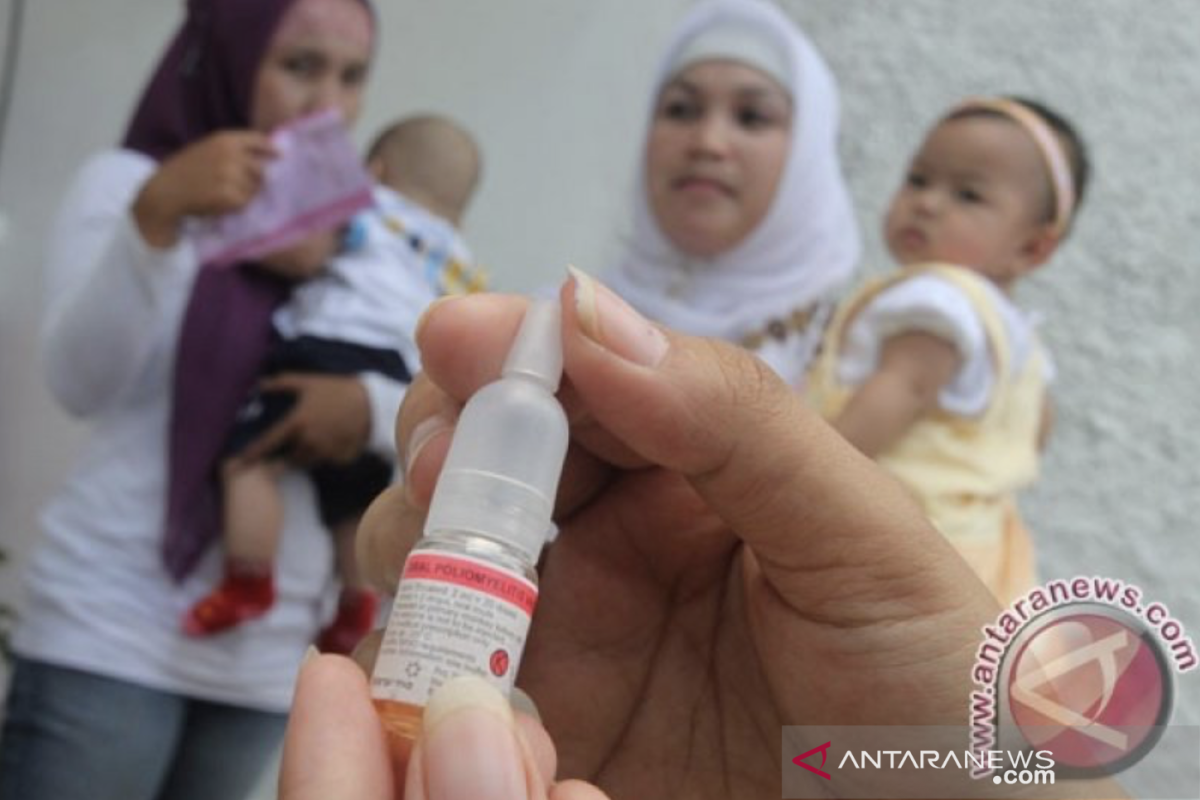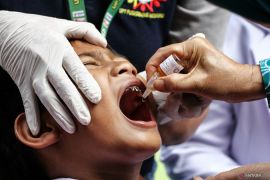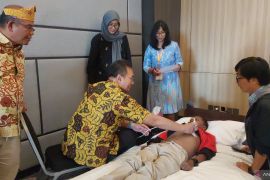As of Saturday afternoon, the number of positive cases had crossed the one thousand-mark to touch 1,155. And yet, many seem to believe the peak is yet to come. The country reported its first cases earlier in the month, on March 2.
“We believe that we are a great nation, a fighter of a nation. God willing (Insya Allah), we will face this difficult global challenge,” said President Joko Widodo on Tuesday, March 24, as the country battled a rising number of cases in a pandemic that has caught the world off guard.
The President’s faith in Indonesia’s ability to overcome such an aggressive viral infection is not without reason. The country has overcome its fair share of battles in the past with diseases that have threatened the health and wellness of its citizens.
Anyone born in Indonesia in the 1990s would most likely have a memory of getting vaccinated against poliomyelitis, or polio, at a young age. They may remember a shot in their arm or drops of the sweet-tasting immunization liquid in the mouth, which were meant to inoculate them against a disease that could drastically change the course of their lives.
The World Health Organization (WHO) describes poliomyelitis as “a highly infectious viral disease, which mainly affects young children.”
The virus is transmitted person-to-person, mainly through the faecal-oral route or, less frequently, by a common vehicle such as contaminated water or food, and multiplies in the intestine, from where it can invade the nervous system to cause paralysis, according to the WHO.
The WHO declared Indonesia polio-free in 2014. The Ministry of Health stated that the last polio virus to originate in Indonesia — Type-1 in east Java and Type-3 in North Sumatra —was isolated in 1995.
The country witnessed another Type-1 polio outbreak between 2005 and 2006, and it was declared an extraordinary occurrence. The Health Ministry later revealed the outbreak had been caused by an imported case from the Middle East.
According to the government’s Infeksi Emerging (Emerging Infections) page, after three National Immunization Weeks for Polio were held in 1995,1996, and 1997, wild polio viruses indigenous to Indonesia were no longer detected in 1996.
However, on March 3, 2005, a polio case emerged in Sukabumi, West Java, which then developed into an extraordinary occurrence, as the virus spread to 10 provinces and 47 districts and cities across the country, with the total number of cases reaching 305.
There were also 46 cases of vaccine-derived polio virus, which emerged after a substantial number of children did not get vaccinated. Forty-five of these cases were reported from the island of Madura, while one was registered in Probolinggo, East Java.
The Indonesian Government was able to contain the outbreak through an Outbreak Response Immunization (ORI), which involved two rounds of door-to-door immunizations (mop-ups) in high risk areas, five National Immunization Weeks, and two Sub-National Immunization Weeks.
The Indonesian Government had to resort to vaccination drives in the absence of medications for polio. Those who contract the virus can only be administered drugs to manage symptoms, such as fever and muscle discomfort. For this reason, measures against polio remain preventive in nature.
Immunization is still helping Indonesia keep polio at bay. Although the country has been declared polio-free, it aims to conduct a National Immunization Week every year for polio prevention. The most recent one, however, was conducted in 2016.
Aside from vaccines, hand-washing is an effective preventive measure against the spread of polio as it eliminates the possibility of oral infections. Consumption of cooked food, which is nutritious, and clean water can help keep infections at bay by boosting the immune system. Taking vitamins and staying hydrated are also important to avoid polio.
Considering the fact that polio can spread through contact with feces of patients, proper sanitation, especially in public toilets, is of vital importance. Especially those used by toddlers and young children.
Like in the case of poliomyelitis, precautionary measures are perhaps our best option for warding off COVID-19 infections, as there are currently no readily available medications for treating the disease.
Indonesia has been able to overcome a number of epidemics in the past, and Indonesians should remain optimistic in the fight against the spread of the coronavirus.
Related news: Key takeaways from the cholera outbreak that devastated Batavia
Editor: Yuni Arisandy Sinaga
Copyright © ANTARA 2020












